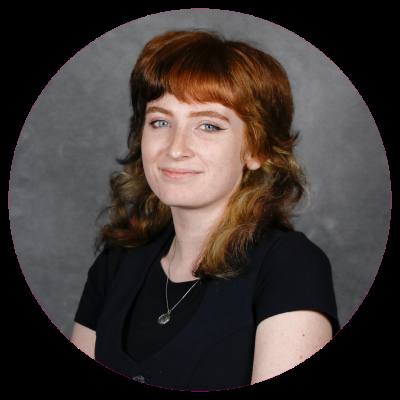Dr. Amir Mian joined Dell Children’s last summer as division chief of pediatric hematology and oncology. Mian came to Austin to help build the program after launching a similar one at the Arkansas Children's Hospital.
The details
The program will treat children and adolescents with different cancers and blood disorders.
Mian’s team is looking to start offering autologous bone marrow transplants by the end of this year. This refers to harvesting a patient’s healthy stem cells—located in the bone marrow—and returning them to the same patient who may have lost these to chemotherapy.
This is not the end goal of the program. Mian said he plans to eventually include allogeneic transplants, in which patients receive donated stem cells; CAR-T cell therapies, which use white blood cells to fight cancers; and gene therapy for sickle cell patients.
Who it affects
Previously, children in need of these treatments had to leave Austin to travel to another city, such as Dallas, Houston or San Antonio.
“Getting a stem cell transplant or a bone marrow transplant requires these patients to be away from home for anywhere from three to four months or so,” Mian said. “It's a really long process, [and] an extreme hardship for the patient and for the parents.”
Mian noted Dell Children’s has a number of patients in need of these therapies.
The action taken
After Mian joined the hospital in 2023, recruiting for the team that will work in the program began.
“That's where the biggest challenges are, especially when you're building a program from ground up, is training itself,” he said.
Additionally, Mian and his team are in the process of seeking accreditation through the Foundation for the Accreditation of Cellular Therapy, or FACT. This takes between 12-18 months, and provides specific guidelines and quality measures to hospitals.
“It's an extremely useful and valuable process to improve outcomes for pediatric patients,” Mian said, who has experience as a FACT inspector.
As part of the accreditation process, Mian’s team has begun working on standardized operating procedures, or SOPs, which include steps as simple as how to identify patients, how to store cells and how to transport patients. Mian said he hopes to complete SOPs in the next six months.
Ideally, Mian and his team would begin collecting cells for transplants by the end of this year, he said.
“We have to have all of these things in place just to collect the cells,” said Kaye Schmidt, service line director for the Children’s Blood and Cancer Center at Dell Children’s. “Then, the patient may need additional therapy, and it can be a period of time before you get those cells back.”
To comply with FACT standards, the team will then be required to complete five transplants within a specific period of time to complete the accreditation process.
Once accredited, the program can provide stem cell therapies and allogeneic transplants, as Mian plans.
Funding the program
Funding from the program is from the hospital itself, Mian said. Ascension Texas, the operator of Dell Children’s, and the The University of Texas have jointly invested in the program.
“We have the commitment of the hospital,” Mian said. “They are totally committed to provide every support [and] all the resources that are needed to launch this program.”
What’s next
The team at Dell Children’s will continue working through regulatory processes to earn accreditation and begin treating patients by the end of this year or potentially early next year.
“The sky’s the limit, and we’re absolutely thrilled to launch it,” Mian said.





